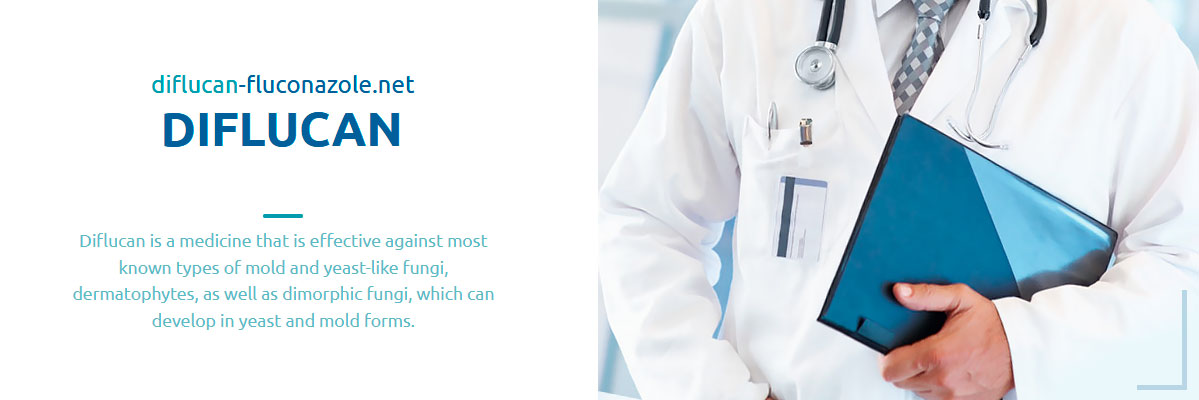Psoriasis is a non-infectious skin disease characterized by the appearance of psoriatic plaques. In addition, the appearance of plaques is accompanied by itching and flaking.
Psoriasis is a disease that does not depend on gender and age, it affects from 2 to 4% of the world’s population. The disease can manifest itself at any age, but in 70% of cases it manifests itself at the age of 15–25 years. Therefore, psoriasis is called a disease of the young.
Symptoms of psoriasis
Psoriatic plaques are inflamed, itchy red patches raised above the surface of healthy skin. Plaques may become covered with a crust that resembles wax or paraffin. Inflammations can occur anywhere on the body, but most often they occur at the places of folds and friction: elbows and knees, buttocks, palms and feet. Often, psoriasis appears on the scalp, vulva, or nails.
The area of the lesion can vary from small (the size of a pinhead) to the size of the palm of your hand or more. Manifestations of psoriasis are accompanied by severe itching and flaking, dead skin scales are easily removed from the surface of the skin when scratched. In difficult cases, suppuration and cracks may appear at the site of the lesion.
Also worth mentioning is the Koebner phenomenon , a condition in which psoriatic plaques develop due to scratches or other damage to the skin. This syndrome is characterized by a deterioration in the condition of the nails: the appearance of spots and depressions, thickening, brittleness.
There are two forms of psoriasis – summer and winter. The summer form of psoriasis is very sensitive to sunlight, so periods of exacerbation occur during this season. Much more common is the winter form of psoriasis, the provoking factor in which is cold.
Causes of psoriasis
Normally, the epidermis (surface layer of the skin) is updated on average every 30 days. In psoriasis, cells divide, mature, and die in as little as 5 days. That is why itching and peeling appear, leading to scratching, wounds and even suppuration.
The causes of pathology to date have not been fully identified. Possible researchers include:
- autoimmune nature,
- genetic factor
- violation of metabolic processes,
- neurological disorders.
Also, some of the alleged causes may be stress, infectious diseases, malnutrition, alcohol consumption, living in a cold climate, decreased immunity, streptococcal skin infections, skin trauma, taking β-blockers, aminoquinoline drugs, interferon and its derivatives, systemic glucocorticoids.
Patients with psoriasis are advised to refrain from drinking alcoholic beverages, marinades, peppers, and chocolate.
It is important to know that psoriasis is not an infectious disease and is not transmitted from person to person.
Diagnosis of psoriasis
Psoriasis, like other skin diseases, is diagnosed by a dermatologist. Most often, he makes a diagnosis through a visual examination of the skin. In some cases, a skin biopsy and blood test may be used.
Varieties of psoriasis
There are about 10 forms of psoriasis. As a rule, a person has only one type of disease. The type of disease is determined by the nature of the rash.
Treatment of psoriasis
It is impossible to completely cure psoriasis, but it is possible to achieve a long, up to several years, remission . Since there are many varieties of psoriasis, as well as the reasons for its development, most treatments are prescribed only by a doctor. The main therapy is a treatment with topical preparations that soften the skin, reduce itching and slow down cell division.
Additionally, vitamins (A, E, D), diet therapy to restore metabolism and antihistamines can be used. Physiotherapeutic methods can also be prescribed to help restore immunity, normalize metabolism and reduce rash and swelling.
In addition, therapeutic measures may include diet therapy and psychotherapy.
Prevention and standard of living of a patient with psoriasis
Since psoriasis is a chronic and in most cases autoimmune disease, it cannot be cured. Treatment should be aimed at achieving, and prevention – at maintaining remission.
The scientific literature describes the remission of psoriasis for 20 years with the observance of preventive measures, the constant supervision of a doctor, the exclusion of self-treatment.
Line ” Losterin “
Designed for daily skin care for chronic skin diseases – psoriasis, eczema, atopic dermatitis .
Dermatological products of the Losterin line contain a balanced combination of active ingredients, specially selected for the most effective effect on the skin in complex care for various skin diseases.
